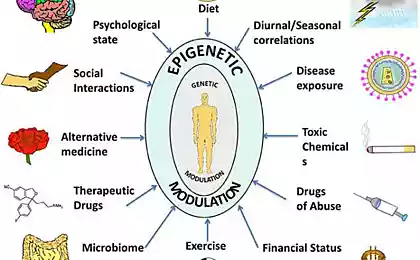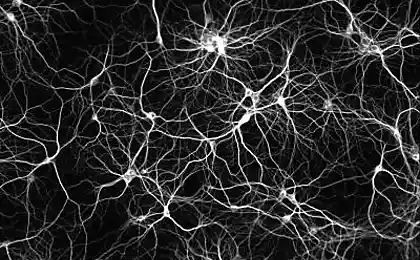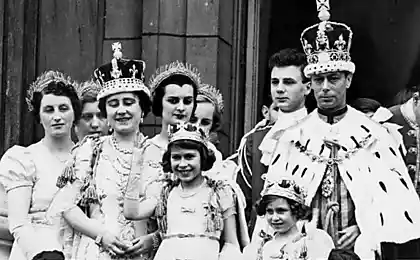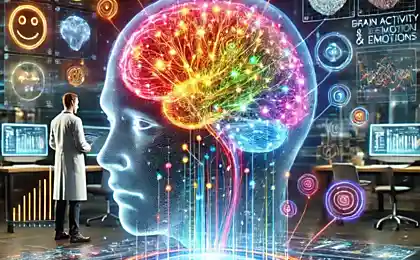425
Memory Energy: How Memories Literally Change the World
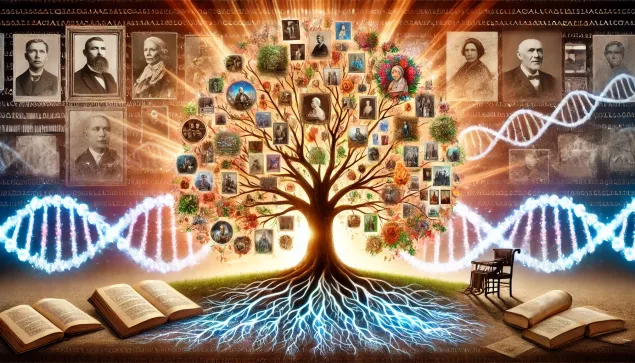
Memory is not just an archive of our past, it is a living force that can influence the present and shape the future. Modern science is increasingly discovering amazing facts about how memories can change reality, not only at the individual level, but also at the level of entire generations. From the phenomena of genetic memory to the stories of people who, based on the heritage of ancestors, did great things – let’s dive into the world of memory and learn how it affects our lives and the world around us.
- Scientific discoveries about the impact of memories on reality
- Stories of people who changed the world thanks to the memory of ancestors
- Genetic memory phenomena
- How to Keep Family Stories
- Mechanisms for intergenerational learning
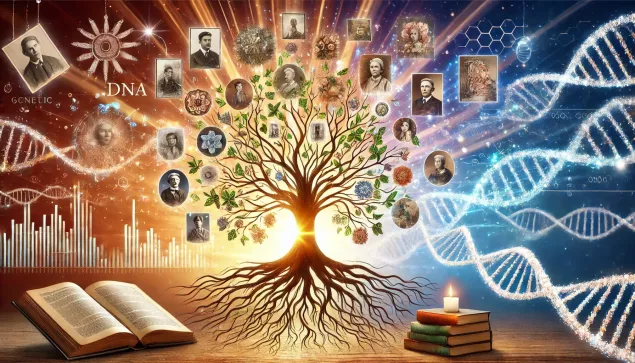
Scientific discoveries about the impact of memories on reality
Scientists have long been interested in how memory shapes our perception of the world. Recent studies of neuroscience and psychology confirm that memories not only store information about the past, but also actively influence our decisions, emotions and even physical state.
- Brain plasticity: Neural connections in the brain are altered by memories. This phenomenon, known as neuroplasticity, allows us to learn and adapt to new situations.
- Placebo and nocebo effects: Expectations based on past experience can affect your physical condition. Memories of the positive or negative effects of drugs can enhance or weaken their effects.
- Emotional memory: Strong emotional memories can influence our behavior, triggering reactions even without realizing the cause.
- The phenomenon of false memories: The brain can create memories of events that never happened, affecting our perception of reality.
“Memory is not just a mirror of the past, it is a tool that shapes our present and future,” said Elena Smirnova, a neuroscientist.
Stories of people who changed the world thanks to the memory of ancestors
In the history of mankind there are many examples when the memory of ancestors and their experiences inspired people to great achievements.
Nelson Mandela: Mandela’s struggle for equality in South Africa was largely inspired by the history of his people and the memory of his ancestors who suffered from apartheid. His deep understanding of cultural heritage helped him unite the nation.
Mahatma Gandhi: Drawing on the ancient Indian teachings of nonviolence, Gandhi was able to inspire millions of people and lead India to independence without the use of force.
Marie Curie: The legacy of scientific achievement and the memory of the dedication of her ancestors inspired Curie's research that forever changed the science of radioactivity.
Genetic memory phenomena
The idea that memory can be passed on genetically has long been a matter of debate. However, current research in epigenetics provides increasing evidence that ancestral experiences can influence offspring.
- Epigenetic tags: Stressful events or injuries can cause changes in gene expression that are passed on to future generations.
- Animal studies: Experiments in mice have shown that offspring can inherit fears or preferences based on their parents' experiences.
- Human research: Studies of descendants of survivors of the Holocaust or Holodomor show changes in health and psychology associated with the experiences of ancestors.
Interesting fact:
In 2013, researchers at Emory University found that mice trained to avoid a certain odor passed on this phobia to their offspring several generations later.
How to Keep Family Stories
The memory of family stories is a valuable legacy that enriches our identity and connection to the past.
- Memories recorded: Interview older family members and record their stories in audio or video.
- Creation of a family tree: Use online services or special programs to make a pedigree.
- Preservation of photos and documents: Digitalize old photos, letters and documents for safekeeping.
- Family gatherings: Organize regular meetings where stories and memories can be shared.
- Written memoir: Encourage family members to record their memories and experiences.
“Preserving family history is an investment in the future generation, giving them an understanding of their roots and identity.” – historian Anna Petrova
Mechanisms for intergenerational learning
The transfer of experience and knowledge between generations occurs not only through genes, but also through learning, tradition and culture.
- Cultural traditions: Rituals, holidays and customs convey the values and worldview of ancestors.
- Training and mentoring: Older generations teach young people the skills and knowledge necessary for life.
- Language and literature: Through language, not only words are transmitted, but also a way of thinking and perceiving the world.
- Art and music: Creativity reflects experience and emotion, connecting generations through time.
- Social norms and values: Family and society form an understanding of what is right and important.
Conclusion
Memory is a powerful energy that connects the past, present and future. It shapes our identity, influences our decisions, and allows us to learn from our ancestors. By understanding and respecting the power of memory, we can not only better understand ourselves, but also use this resource for positive change in the world.
“We are not only the result of our actions, but also the heirs of the memory of our ancestors” – philosopher Mikhail Lomonosov.
Let us cherish and preserve our memories so that they can be passed on to future generations and continue to contribute to human history.
Emotional Intelligence: The Invisible Superpower of Modern Man
The Inner Compass: How to Hear Your True Voice

